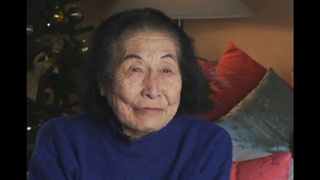Interviews
First election
I was in a sense, a rebel. I was active in the YMCA. I was in a class made up almost all of officers, student body officers, class officers, the editors of the newspaper, editors of the book and all of this. And on the first day when the class organized, they always have an election of chairman of the class, and I’m sitting down, you know [thinking] hey, I’m not a player in this, they’re the big-shots, you know, they are the necktie boys, I used to call them, and some of them wore jackets too. And all of a sudden somebody stood up and nominated me and another person said, “I close the nomination,” and they giggled. They made me the chairman of the class; they thought it was a big joke. You know, the others are the so-called professionals.
And the day ended and the teacher called me in and he said, “I knew what happened and I am ashamed of the people, you know, making fun of you.” He said, “This is the Robert Rules of Conduct, parliamentary rules.” He says, “Study this and then about a week from now we will discuss this. And so the next month when we have our first class meeting, you show them how it’s done.” (laughs)
So this [is] the first time I learned of parliamentary procedures, I had no idea what it was. And I could care less. And I did surprise a few of them, put them out of order and everything else and they began to show some respect.
Date: May 31, 2001
Location: California, US
Contributed by: Watase Media Arts Center, Japanese American National Museum













